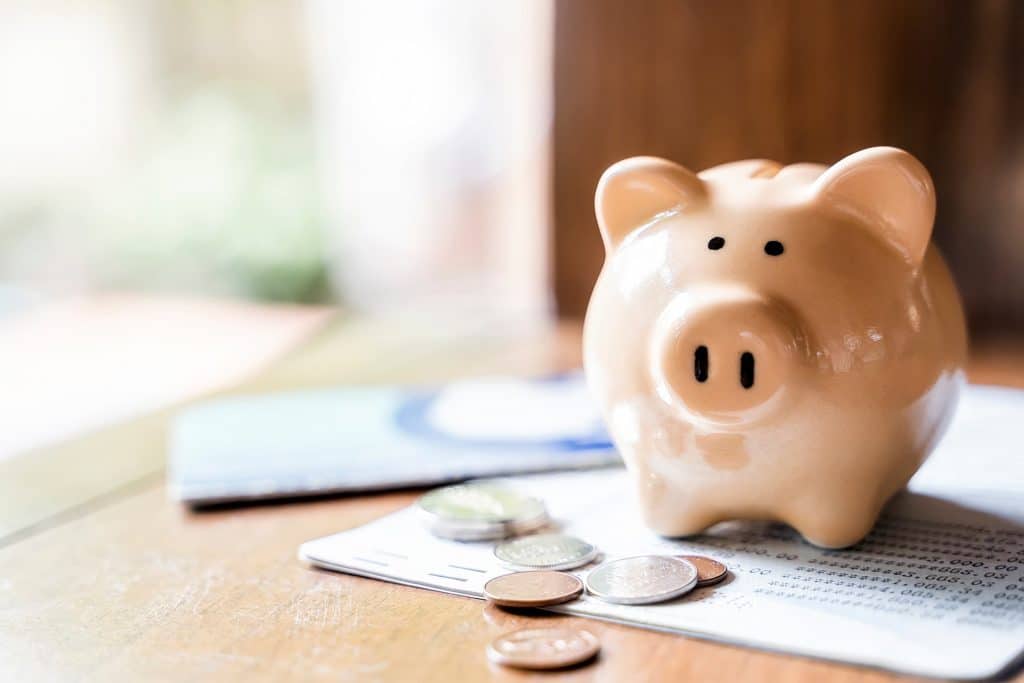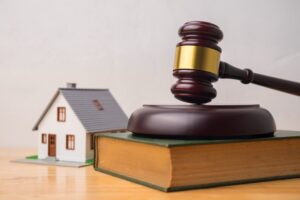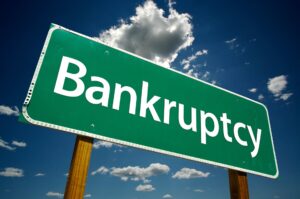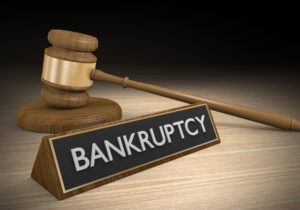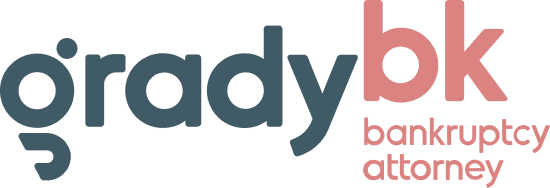If you are struggling with a seemingly insurmountable amount of debt, you are far from alone. Many people across the country are facing considerable financial hardship, which the pandemic has exacerbated in recent years. While it’s natural to feel hopeless and even ashamed of your financial situation, it’s important to recognize that you still have options for obtaining the fresh start you need. As you explore your bankruptcy options, you may wonder how taking this step will impact your credit score, bank accounts, and financial future. Below is a brief overview of the Chapter 13 Bankruptcy filing process in New York and some ways this process will affect your finances and your future.
Understanding Chapter 13 Bankruptcy in New York
Chapter 13 bankruptcy, also known as “reorganization bankruptcy,” allows debtors with a steady source of income to establish a repayment plan (typically lasting between three to five years) to pay back a percent of their debt (the remaining unsecured debt is wiped away at the end of the bankruptcy). This form of bankruptcy relief works best for those who do not qualify for Chapter 7 bankruptcy relief (income is over the threshold) and those who need to stop a foreclosure or repossession. A Chapter 13 bankruptcy does not require you to sell your property to pay off your debt; you can protect everything you have. Upon completing all plan payments, you will receive a discharge of any remaining debt (eligible debt is wiped away).
Your Bank Accounts and the Repayment Plan
Many people wonder how filing for Chapter 13 bankruptcy will impact their bank accounts. In general, those who establish a Chapter 13 repayment plan do not need to be concerned about how this action will affect their checking or savings accounts. People who file for Chapter 13 bankruptcy relief can continue to use their bank accounts as normal. They can also save up money in a savings account. You can open a new bank account at any time. You can also have your bankruptcy payment automatically deducted from your bank accounts. The court-appointed bankruptcy trustee will oversee the collection of your payments and ensure that you are acting in accordance with the terms of the repayment plan. However, there are a few issues that may arise over the course of the Chapter 13 repayment process. Here are some potential complications that you could face.
Owing Money to Your Credit Union
If you owe money to a credit union that you are going to wipe away in bankruptcy, the credit union will likely close out any checking or savings accounts that have your name on them. Many credit unions exercise their right to “set off” the debts you owe them against the funds in your account. It’s important to recognize that a credit union has the right to “set off” debts at any time, not just during bankruptcy. If you owe a credit union money that you plan on wiping away in the bankruptcy you will want to stop using the credit union checking and savings account before the bankruptcy is filed and open new bank accounts at a different bank. You will also want to switch any direct deposits to the new bank account.
When the Bank Attempts to Freeze Your Account
Certain banks have instituted policies that freeze the bank accounts of those who file for bankruptcy, whether or not these individuals are in debt to the bank at the time of filing. If your bank freezes your account when you file for Chapter 13 bankruptcy relief in New York, they will send a letter to the bankruptcy trustee requiring the trustee to sign off on unfreezing your bank account. Discuss the specifics of your situation with your attorney to obtain a clearer picture of how this policy may impact you.
Compassionate Legal Guidance When You Most Need It
If you are struggling with debts or facing a foreclosure, it’s essential to recognize that you are never alone. Enlisting the guidance of a trusted and compassionate Central New York & North Country bankruptcy attorney can give you the clarity and reassurance you need to regain control of your financial situation. Your lawyer will answer your questions, address your concerns, and assess your finances to determine the most strategic path forward. It’s time that you let yourself feel hopeful about your future once more. Reach out to a friendly and dedicated bankruptcy attorney today to get started.
